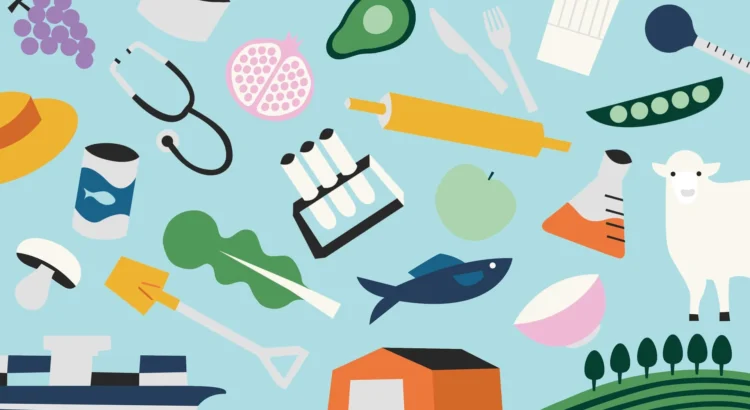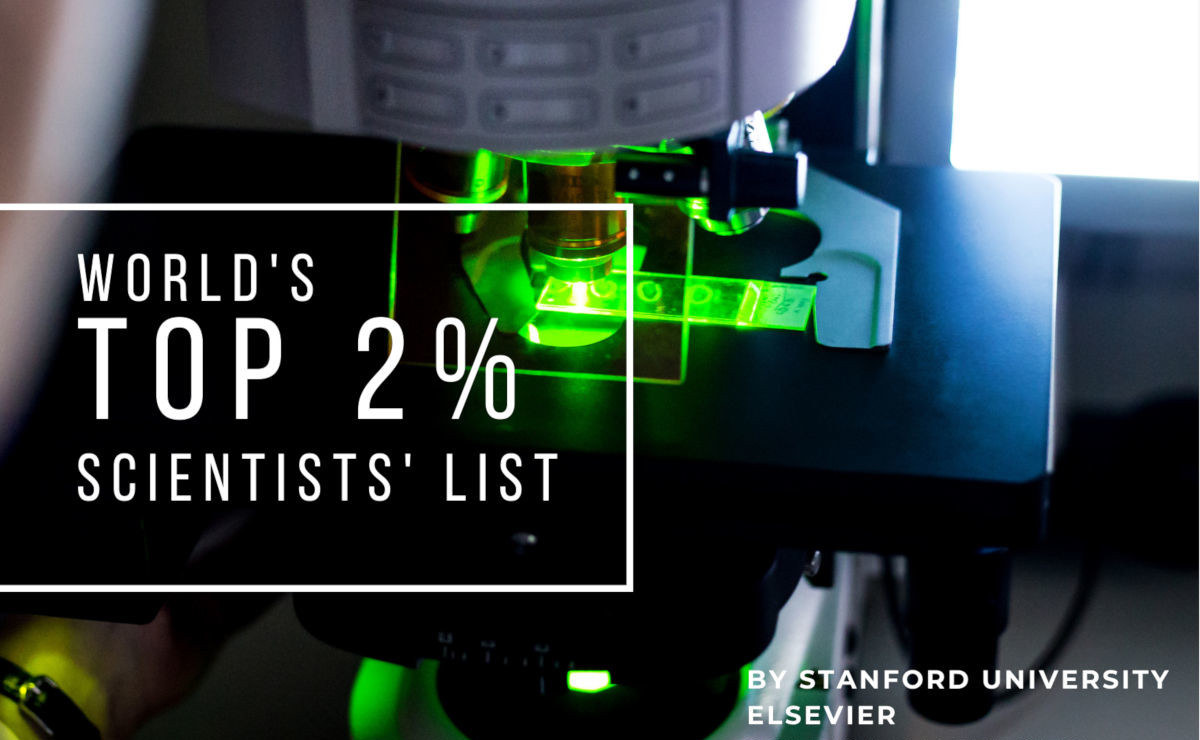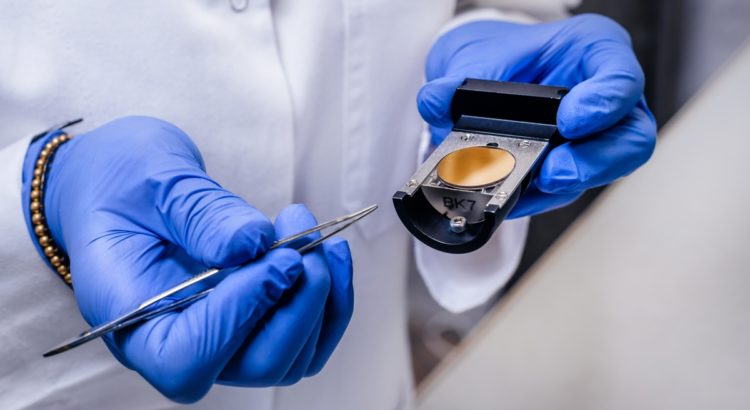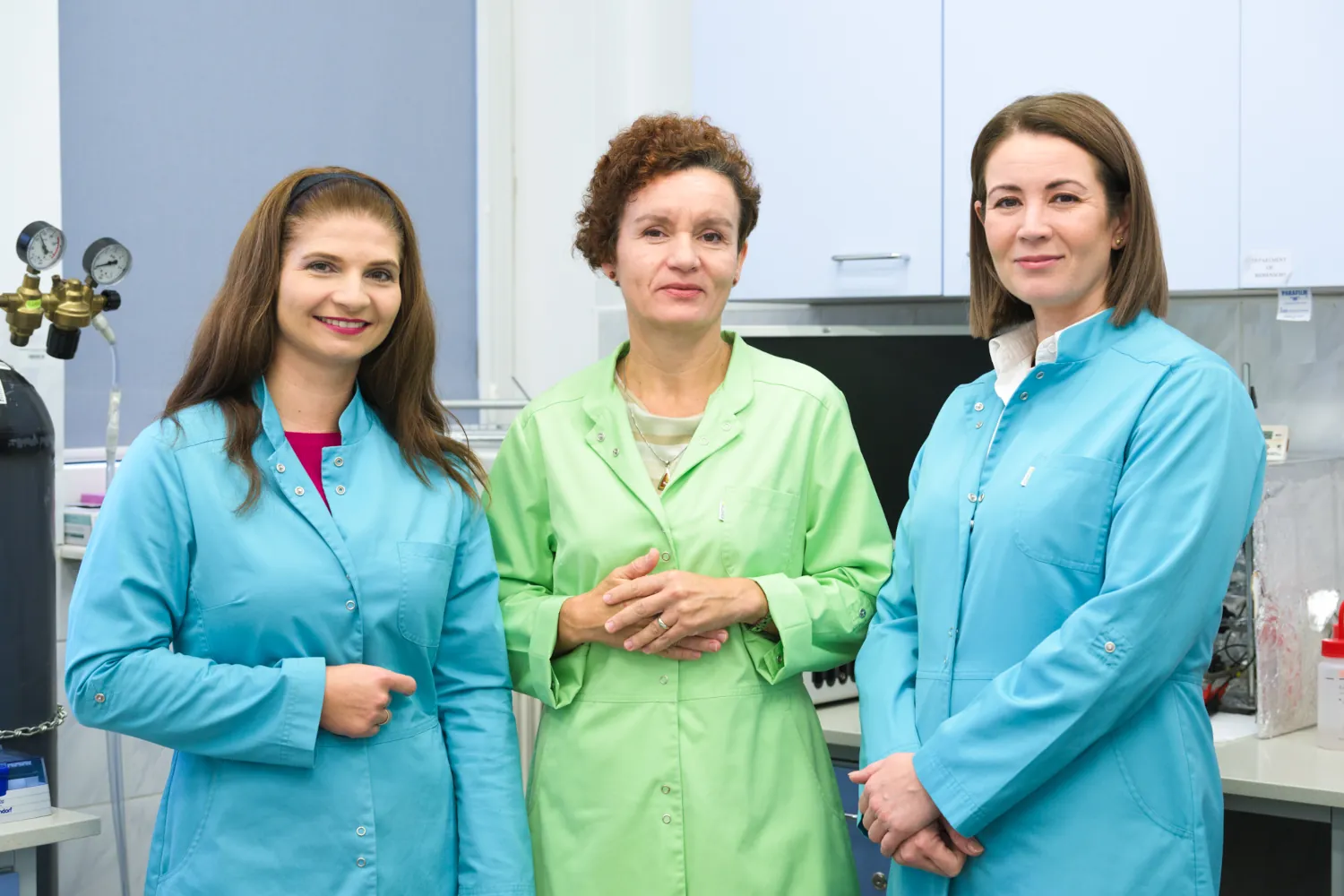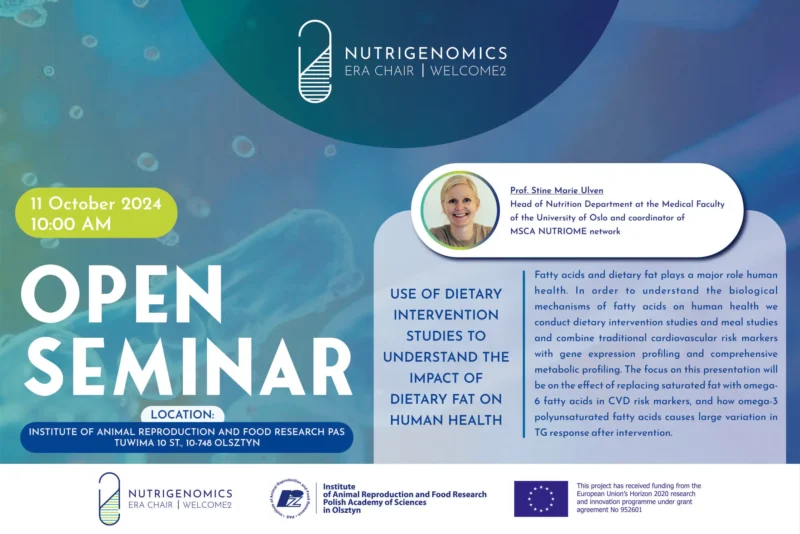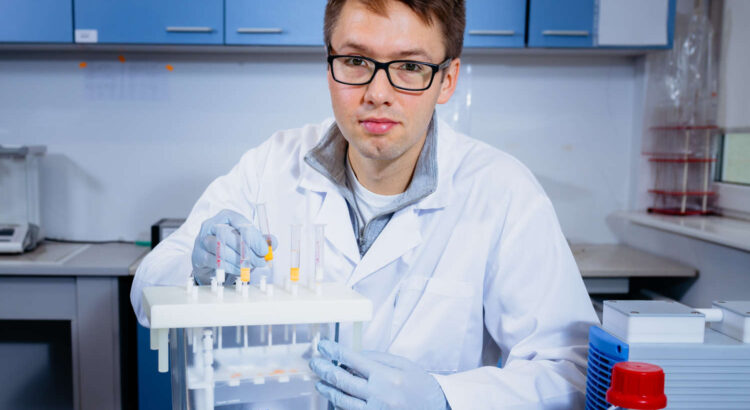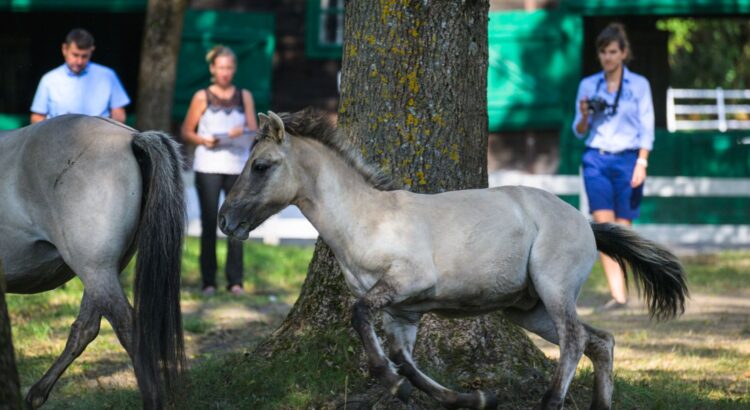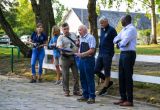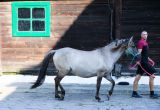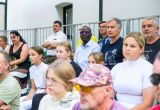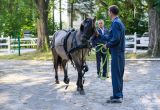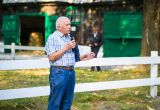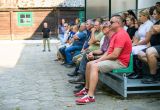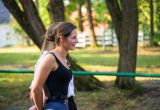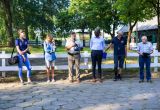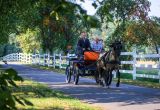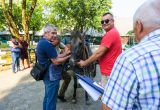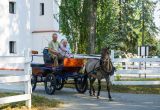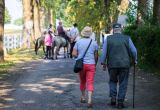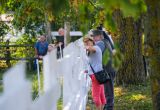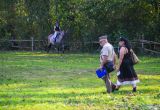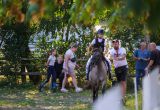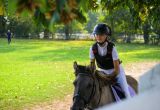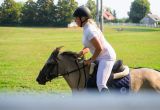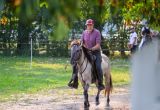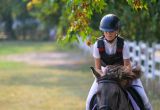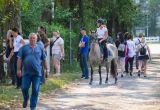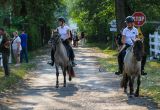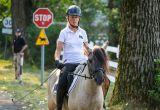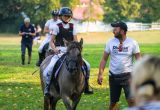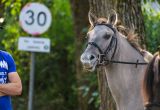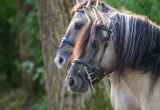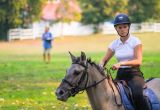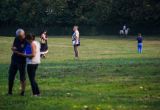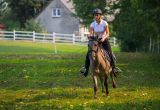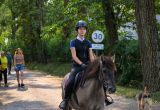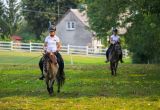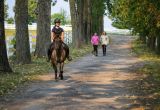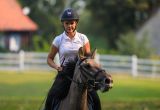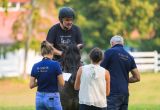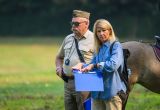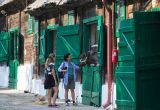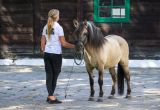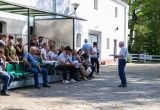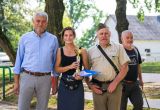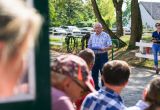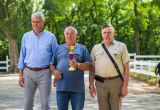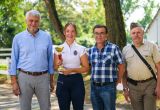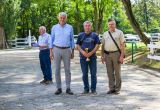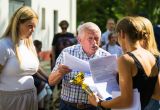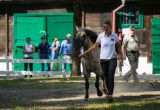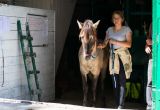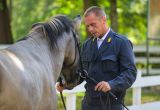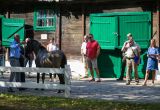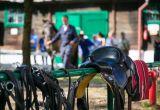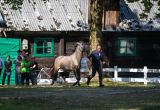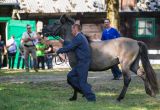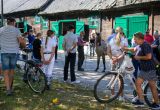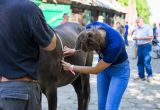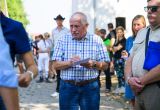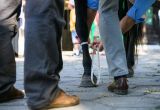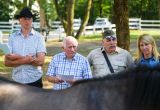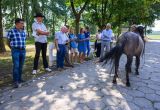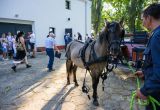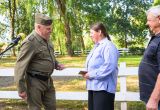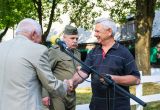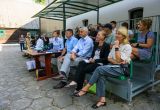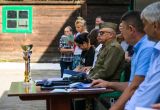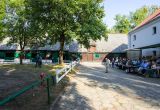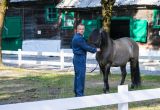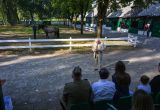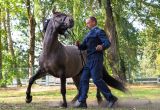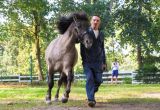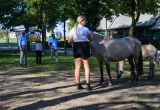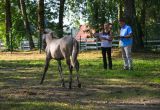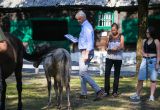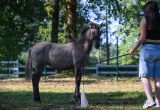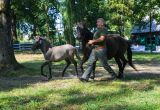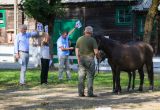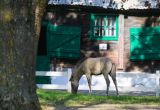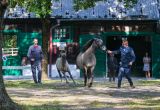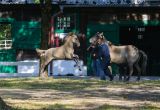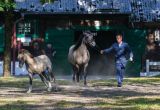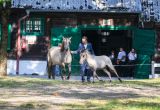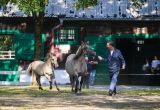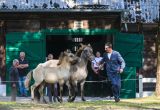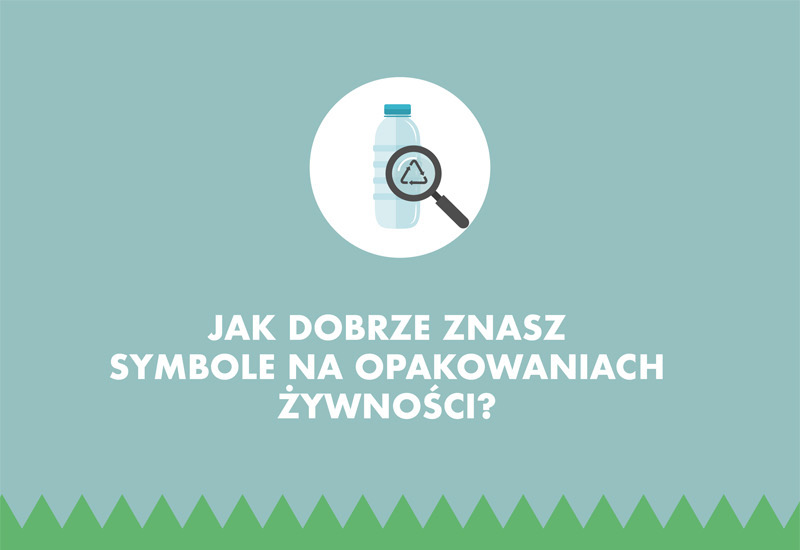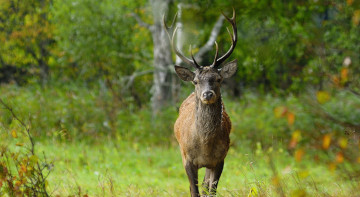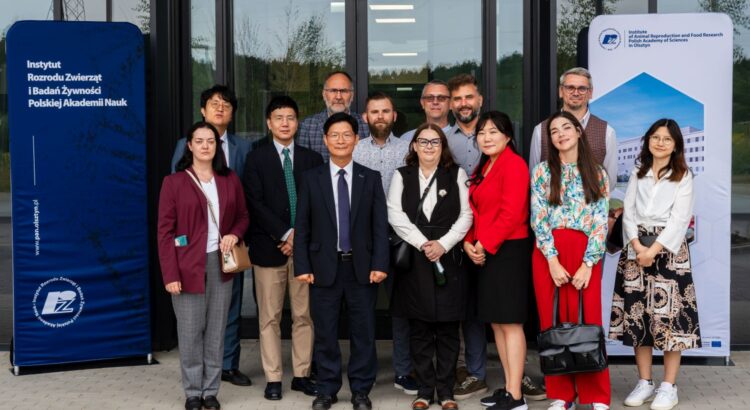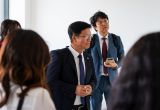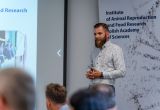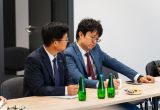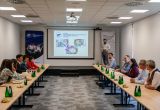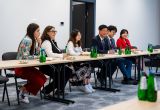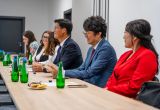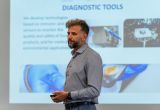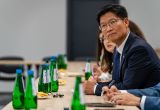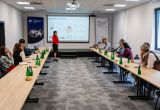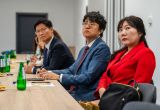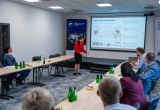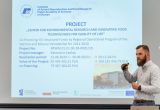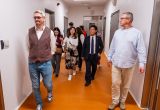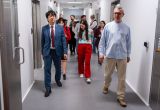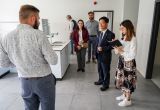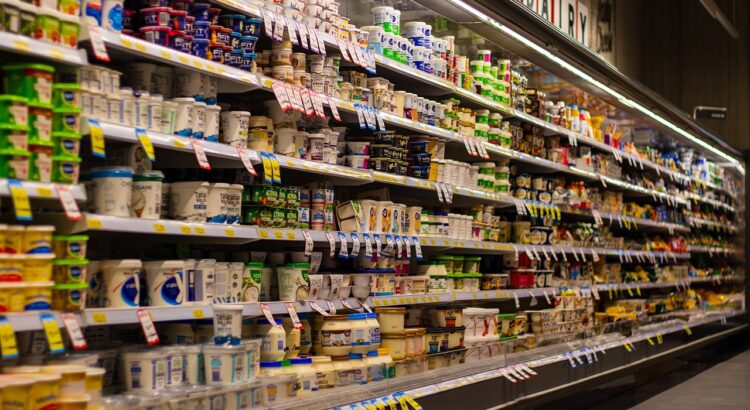Researchers are encouraging teachers to work together to promote healthy eating habits and career opportunities in the agri-food sector for young people. This is all within the framework of the international ‘Food Educators’ programme, which offers free, easily accessible and up-to-date science-based food education materials. They are useful for biology and chemistry lessons, but also for economics and business, English or any other extracurricular activities.
– Teachers play a key role in education, and for scientists they are partners in bringing the latest knowledge to the next generation. We meet their needs by offering free and attractive educational materials – says Justyna Banasiak, project coordinator on behalf of IARFR, which is programme’s ambassador in Poland.
The materials address current and relevant topics, e.g. what does healthy or sustainable eating mean, how to read and understand food labels, what is food waste and loss about.
They also introduce jobs in the agri-food sector (e.g. food sensory analysis scientist, breeder of insects as alternative protein sources, or food photographer) and food-related professions, and develop an entrepreneurial attitude in students, e.g. by developing a plan to launch their product on the market.
THEMES AND TOPICS
The core of the programme is made up of ready-to-use lesson plans in the broad field of nutrition education, adapted for students aged 6-18 (the specific age group is indicated in each scenario). They are based on a model of active student involvement – combining elements of teamwork, role play, communication, experimentation and student-led discussion.
The scenarios are grouped into four themes: Food and health, Food and sustainability, Food science and the food system, Jobs and careers in the agri-food sector.
There are also plenty of experiments in the materials – with apples, which addresses the browning of fresh fruit and vegetables and the associated issue of food waste, or with yeast fermentation, where students learn about micro-organisms using bread as an everyday example. There are also lessons encouraging them to create a sustainable pasta recipe and design their own plant-based milk alternative.
Each lesson scenario includes additional materials, e.g. a worksheet for the student, a presentation or a worksheet for the teacher with additional tips for conducting the lesson. The scenarios also contain additional materials, including materials developed by our Institute’s scientists: podcasts, infographics, videos, or external articles from reliable and verified sources.
All these materials can be downloaded free of charge – just register HERE.
After implementing lessons based on the scenarios, teachers are expected to complete a short questionnaire, which will allow us to update and improve the materials – Justyna Banasiak points out. Every teacher who gets involved in our project will receive a certificate of participation in the international Food Educators project.
CELEBRATE WORLD FOOD DAY WITH US!
An opportunity to use the materials offered in the FoodEducators programme could be World Food Day, which is celebrated on 16 October.
Activity Weeks are taking place from 14-26 October. – We are proposing three different activities: creating a cookbook based on the idea of zero waste, learning how to check the credibility of online sources in the “Food influencer challenge”, and building awareness of sustainability, by organising a school picnic. You can join in all the activities or selected ones – explains Justyna Banasiak.
Download the brochure HERE.
CAREER DAYS
In addition, the FoodEducators programme organises Career Days every year, aimed at secondary school students. These are open to groups who register for the programme, download materials and complete a questionnaire.
The next Career Days will take place in December at the Institute of Animal Reproduction and Food Research of the Polish Academy of Sciences in Olsztyn. Details coming soon!
About FoodEducators


FoodEducators is part of the EIT Food community, the largest and most dynamic food innovation network in the world, supported by the European Institute of Innovation and Technology (EIT). The programme is implemented in more than 10 European countries. In Poland, it is implemented and represented by the Institute of Animal Reproduction and Food Research of the Polish Academy of Sciences in Olsztyn. Learn more: www.foodeducators.eu.
